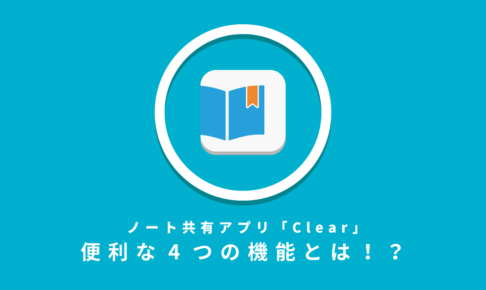✨ ベストアンサー ✨
肯定文でanyを使用する時は、後に来る名詞は可算名詞でも単数形ではないのですか?
→ 肯定文、否定文、疑問文にかかわらず、any+非可算名詞の単数名詞、あるいは any+可算名詞の複数形 です。
但し、肯定文では、any … どんな…でも の意味です。
例:"What would you like to drink?" "Anything will do."
「何を飲みますか?」「なんでもいいですよ。」
参考にしてください。
なるほど。
確かに、例文の any bus と Any doctor は単数でないとおかしいですね。
any other mountain(単数):any other+単数 は慣用的に使われるのでOKですが。
とすると、Porinkさんが示した最初の例文は、どう解釈すればいいのか?
Porinkさんの最初の疑問提示の意味が、よく分かりました。
もう少し調べてみます。
筆者が間違えたのかなあ?(threads → thread)
分かれば、また連絡を差し上げます。
ありがとうございます!
お手数お掛けして申し訳ないです。
とんでもないです。
私の勉強にもなります。
今晩は。
最後の画像の中の説明にもありましたが、肯定文中のanyは単数形の名詞を修飾することが『多い』。
ではany+複数名詞の具体的な例文は複数あるのか?
Prinkさんが最初に提示した下線部訳のある文以外、私は見つけることができませんでした。
結論:肯定文中では any+単数名詞 ← 下記の2.3.5.より
但し、否定文と疑問文では any+複数名詞が多いが、any+単数名詞(可算名詞)もある ※any+単数名詞(非可算名詞)は当然!
以下が資料の一部です。
Should the noun after “any” be singular or plural?
1. Expressions like “let me know if you have any questions” or “contact me if you have any queries” are the norm, but using the same noun in its singular form (any question, any query) is now commonplace. Is this wrong?
The answer is a bit more complicated than just right or wrong; while it is not necessarily incorrect to use a singular noun after the word “any”, there is a slight difference in the meaning of the sentence.
(a) Do you have any information about the project?
(b) Do you have any questions about the project?
(c) Do you have any question about the project?
Sentence (a) shows an uncountable noun, information. Uncountable nouns are easier to remember as there is no variation.
But sentences (b) and (c) show a countable noun in its plural and singular form, respectively.
According to BBC Learning English, the difference between the two sentences lies in the meaning: while (b) is interpreted simply as “Do you have questions?”, (c) seems to emphasize any as in any type (e.g. “Do you have any kind of question?”).
[BBC Learning English]
2. Used with singular countable nouns to refer to one of a number of things or people, when it does not matter which one
Take any book you like. / Any color will do.
Any teacher will tell you that students learn at different rates.
[Oxford Advanced Learner’s Dictionary]
3. “Any questions?” is an abbreviated way to ask your listener(s) if he/she/they have any (one or more) questions.
So, the plural makes sense.
“Any day/minute/moment” means that the event under discussion might occur at any particular day/minute/moment.
Here, the plural would not make sense. [Website: Quora]
4. I would say that “any” goes better with the plural questions.” If you want to ask if the person has only one question, I would say, “Do you have a question?” [Website: Quora]
5. Before you can choose whether to use a singular or plural noun with any, you need to know which of the various functions and meanings it has in the context in which you are using it.
In each of your affirmative sentences any is equivalent to every.
It can be found in any / every book.
For this reason, the following does not work:
It can be found in any / every books. ✕
[Website: English Language Learners Stack Exchange]
追記:私のタイムラインに るぅさん(彼女はよく有益な情報を提供してくれます)が「私もすごく気になって調べてみました。オリジナルは…」との記載があったのですが、内容が確認できません。
Porinkさんは、彼女のコメントを確認されましたか?




















回答ありがとうございます。
自分で調べてみて、このようにサイトに載っていたのですが、どう考えれば良いでしょうか?